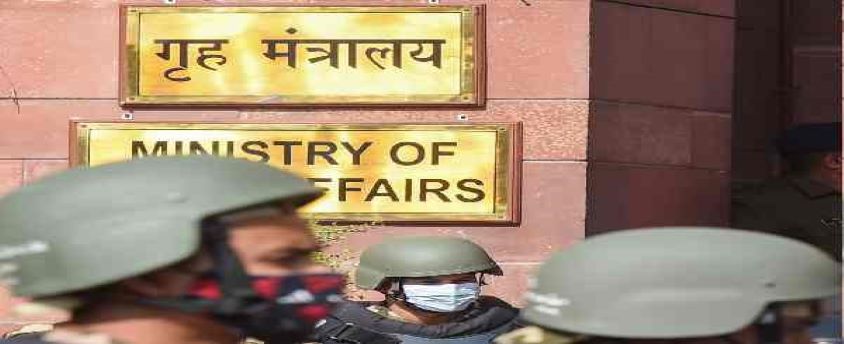Foreign Contribution (Regulation) Act
02, Mar 2023

Prelims level : Policies
Mains level : GS-III Role of external state and non-state actors in creating challenges to internal security.
Why in News?
- The Ministry of Home Affairs (MHA) has suspended the Foreign Contribution (Regulation) Act (FCRA) registration of the Centre for Policy Research (CPR), a Delhi-based think tank, for 180 days.
How FCRA regulates NGO funding?
- FCRA regulates foreign donations and ensures that such contributions do not adversely affect the internal security of the country.
- The Act, first enacted in 1976 was amended in the year 2010 and then 2020.
- Section 5 of the Foreign Contribution (Regulation) Act, 2010 gives the Union government “unchecked and unbridled powers” to declare an organisation as being one of political nature and deny it access to funds from sources abroad.
- FCRA is implemented by the Ministry of Home Affairs.
Applicability:
- The provisions of the Act apply to the territory of India, to citizens of India who may be outside India and to companies or their branches outside India that are registered or incorporated in India.
- The entities covered by the Act include an individual, a Hindu undivided family, an association, or a registered company.
For how long is approval granted?
- Once granted, FCRA registration is valid for five years. NGOs are expected to apply for renewal within six months of the date of expiry of registration.
- In case of failure to apply for renewal, the registration is deemed to have expired, and the NGO is no longer entitled to receive foreign funds or utilise its existing funds without permission from the ministry.
Prior Reference Category under the Act:
- It implies that to donate to such an NGO, a foreign donor has to take prior clearance from the Ministry of Home Affairs.
What Is A Foreign Contribution Under FCRA?
- “Foreign contribution” under FCRA covers any “donation, delivery or transfer made by any foreign source of any article” as long as it is not given as a gift for personal use, or if its market value in India at the time it was made is “not more than such sum as may be specified from time to time by the Central government”.
Exceptions:
- Any currency, or security can fall under the ambit of the Act though it excludes any money received “by way of fee or towards cost in lieu of goods or services rendered by such person in the ordinary course of his business, trade or commerce whether within India or outside India”.
- Neither are donations made by Non-Resident Indians (NRIs) considered to be “foreign contribution” although a donation from a person of Indian origin who has assumed foreign nationality is treated as as “foreign contribution”.
Who Cannot Receive Foreign Contribution?
- A host of entities are barred from receiving foreign funds, including election candidates, those connected with a registered newspaper, judges, government servants or employees of any entity controlled or owned by the government and members of any legislature. Political parties and their office bearers, too, are prohibited from receiving foreign funds.






